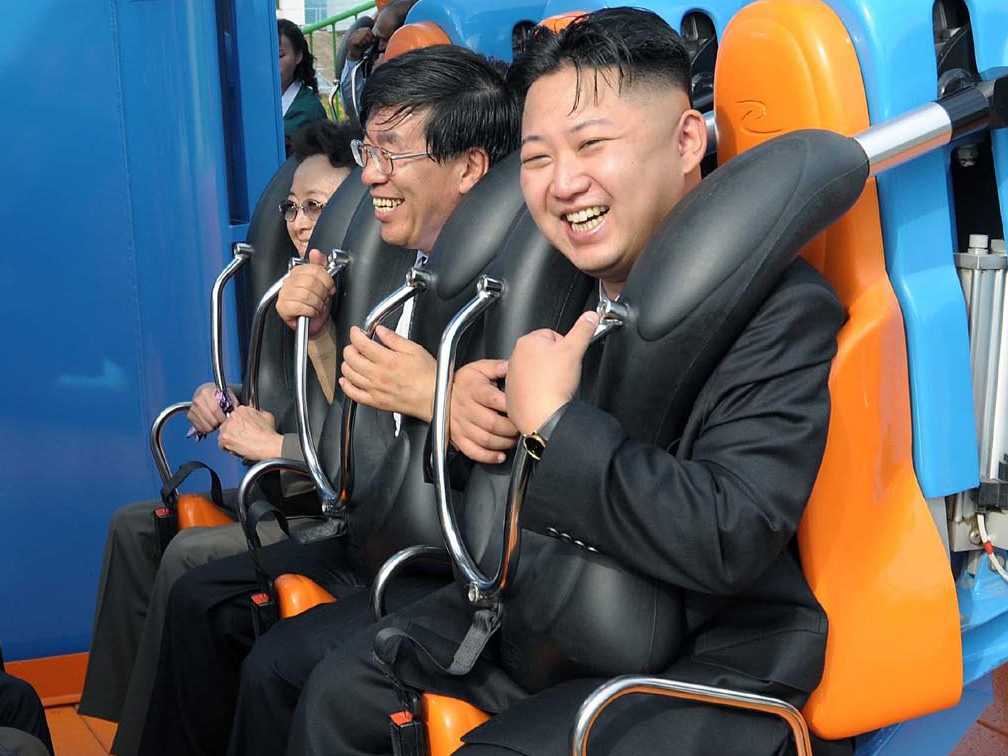When you live in North Korea, even China looks like freedom.
The Asahi Shimbun has an interview with a 31-year-old woman who defected from the late Kim Jong-il’s benighted nation in 2010, which provides a look into the clandestine country normally only visited by outsiders who happen to be Dennis Rodman or professional wrestlers. (Dan Greene of Sports Illustrated recently published an oral history of a 1995 North Korean wrestling tour.) There’s no horrific revelation, just a person awakened to the delusion she’d always lived within, a condition that can happen to a citizen of any country but is pretty much mandatory in North Korea. An excerpt:
Question:
What was ideology education like?
Answer:
Among newspapers, there was the Rodong Sinmun for party members, another one read by the officers of labor federations and another one for young people. All newspapers had a regular section and a supplement.
The regular section ran stories about Supreme Leader Kim Jong Il visiting a local area to give instructions. The supplement contained information about daily life, such as the extent to which a spinning factory approached its production quota. The supplement also carried comics that said, “This is how crafty and bad the United States, South Korea and Japan are.” But the comics always ended up with North Korea winning.
Question:
Was there any change after Kim Jong Un took over as national leader?
Answer:
I have heard that two to three layers of barbed wire were laid along the border with China. There were also moves to force people to appear at their workplace as well as an examination of family registers by the party. Moreover, instead of money, the party began collecting beans, sesame seeds, peanuts and sunflower seeds. An organized attempt was also made to stamp out reactionary elements in society with the creation of an “anti-socialism group.”
Question:
What kind of group was that?
Answer:
The group consisted of members of the State Security Ministry (in charge of the secret police), the People’s Security Ministry (in charge of the regular police) and prosecutors.
Group members would walk around with neighborhood group leaders, and if a member said, “I want to enter that home,” they were able to conduct a search without a warrant. If the search turned up U.S. dollars, Chinese yuan or CDs, it was confiscated unconditionally.
Such crackdowns occurred even while we were doing business. But no problems arose as long as we gave them bribes, such as a few cartons of cigarettes.•
Tags: Kim Jong-il, Kim Jong-un

